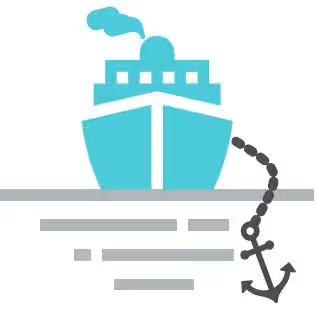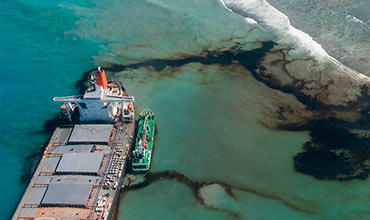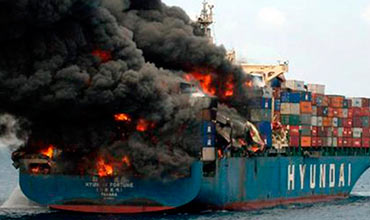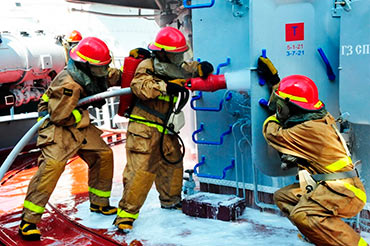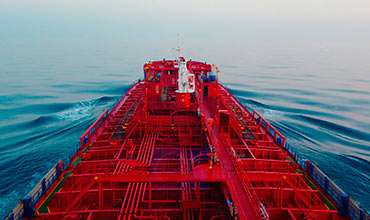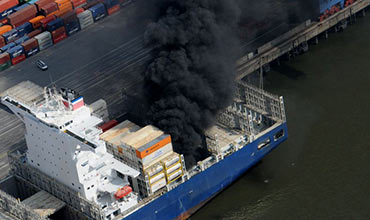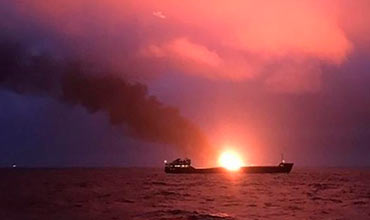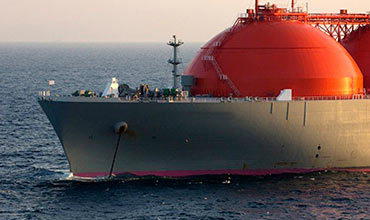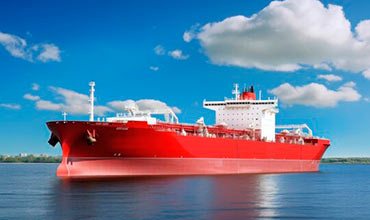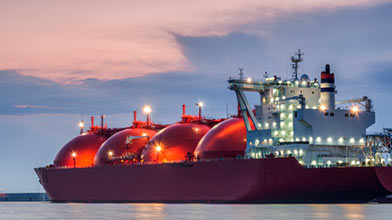Training for Cargo Operations on Liquefied Natural Gas (LNG) Tankers
Liquefied Natural Gas (LNG) Tanker Cargo Operations Training is vital to the maritime industry, confirming that personnel are well-equipped to handle the complexities of transporting liquefied gasoline. The teaching encompasses a comprehensive understanding of the physical and chemical properties of liquefied fuels, emphasizing their cryogenic and flammable nature, which requires specialized handling techniques and rigorous assurance measures.
The curriculum includes detailed modules on the exploitation of freight handling systems, such as pumps, compressors and piping networks, as well as the procedures for loading and unloading liquefied gases. Additionally, trainees learn about the critical importance of maintaining the integrity of the load vessel and the systems that monitor and control temperature and pressure to prevent hazardous situations. Emergency response protocols and adherence to international regulations and standards are also key components of the preparation, providing that personnel are prepared to manage any incidents which may arise during operations.
Operational Protection
Tanker defense way of life and safety management are crucial for preventing accidents and providing the well-being of crew members and the environment. Implementing robust security management systems and fostering a strong safety culture on board help to mitigate risks and promote continuous improvement in operational protection.
By completing the LNG Tanker Cargo Operations Training, seafarers gain the knowledge and skills required to manage LNG cargoes effectively. This ensures a well known LNG is delivered in optimal condition, maintaining the highest standards of security and environmental protection.
